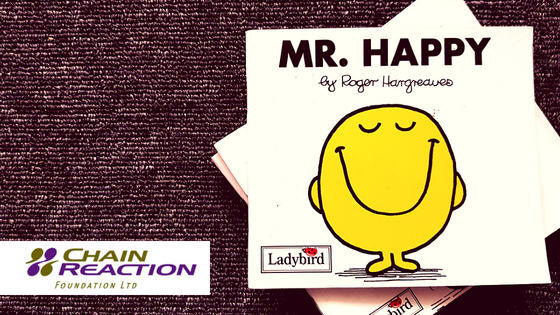The Search for Freedom: Expectation vs Reality

Freedom is one of those words that truly evokes a response in people. So much of our culture - from the books we read and the movies we watch to the religious beliefs and historical concepts which make us who we are - is based upon the idea of freedom.
But what does this word mean, actually?
Of course, in its most straightforward definition, freedom is merely to be unbound by constraints, to be at liberty to do what you want, when you want to do it.
In Australia, all of us are said to be 'free.' We can practice whichever religion we want, explore any sexual orientation we wish to, provided it is carried out between consenting adults, and we do not live in fear of an authoritarian or oppressive government.
But how 'free' are we? Putting aside the moral and social implications of freedom - for example, the freedom to steal, or to never go to work - how free are our daily lives?
Let's think about government and corporate surveillance. Those handy little targeted adverts we encounter on social media are great, but think about where they come from: they come from companies collecting our personal data, often against our wishes. Beyond this, even a relatively benign government like that of Australia monitors the movements of its citizens and holds data on them.
In the wake of Edward Snowden's NSA revelations in 2013, it emerged that the Australian government routinely uses surveillance equipment and meta-data collection on foreign powers and on its own citizens. In 2018, new rules governing the use of personal data by corporations provided some reassurance for the consumer, but also exposed the worrying scale of data collection in the country.
So what does this mean in our search for freedom? Should we just give up and submit to powers greater than ourselves? Of course not. Instead, we must think practically and carefully about what sort of freedoms we want. We must exercise our democratic rights and throw our support behind causes we care about and fight those we consider wrong. We must adopt careful and considered approaches when dealing with big business, second guessing their agendas and limiting the information we provide to them.
But, perhaps most of all, we must recognise the rights and responsibilities of freedom. We must understand that we can be free - we will be free - but we are not alone. No one, to paraphrase John Donne, is an island. We are part of a society, we must act with the benefit of ourselves and of others in mind, and we must fulfil our duties as members of this society while pursuing our own freedoms.
This may mean tempering the traditional definition of freedom, instead moving towards something more practical. We must be free, but must also be responsible and empathetic. Through this approach, we can achieve ever greater satisfaction from our lives.
It is this that we have been building towards with our examination of 'the whole me'; an understanding of ourselves, of our freedoms, and also of where we fit in within our society. By gaining this understanding, we can achieve the freedom we crave.
Margaret Bell, AM - Founder and CEO of Chain Reaction Foundation.
| Website | Donate to our Purple Heart Appeal | Contact Us | Purchase the Book |
